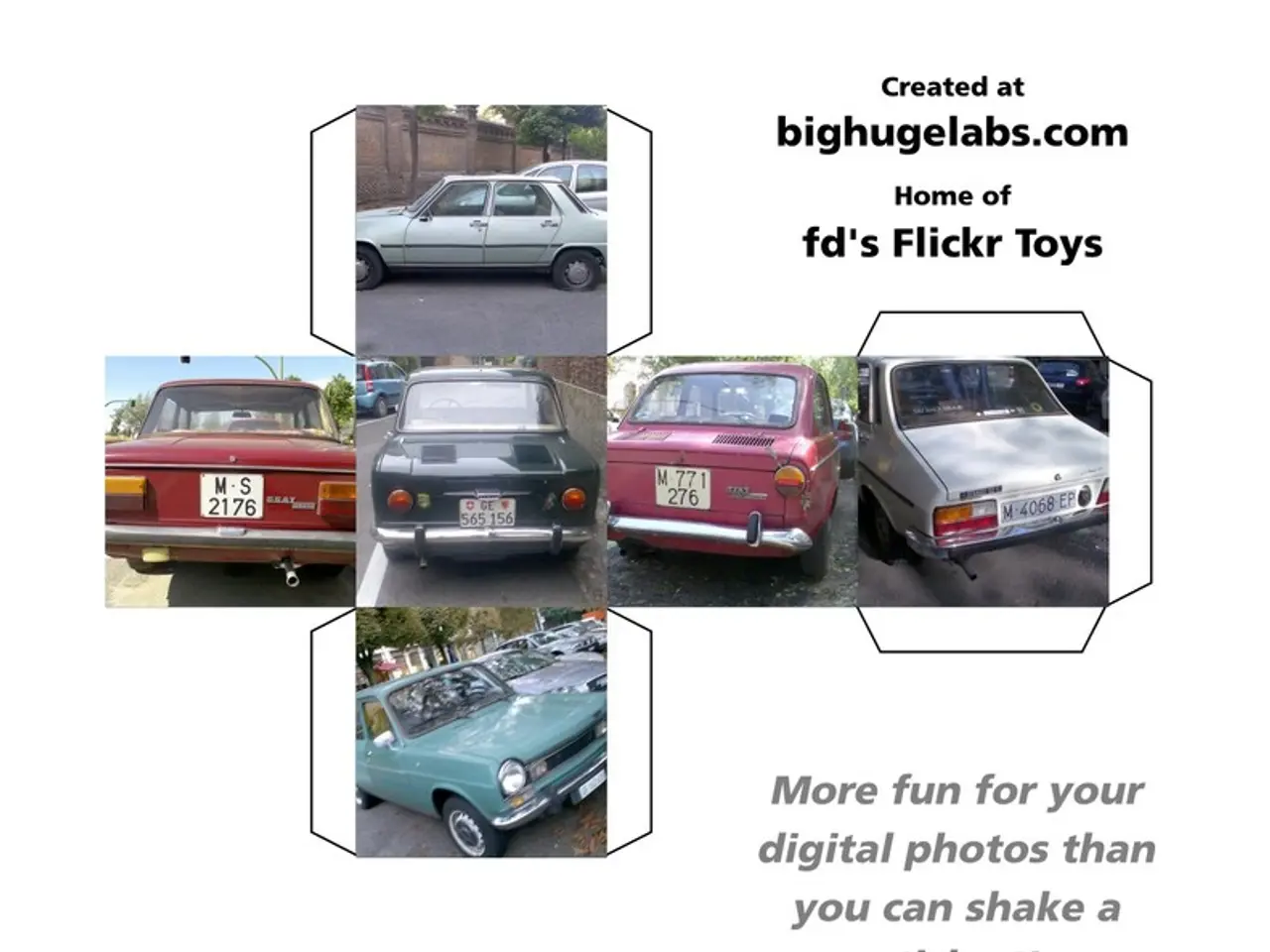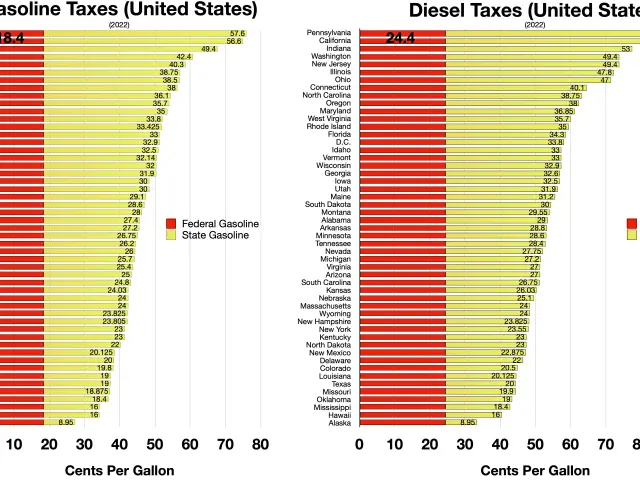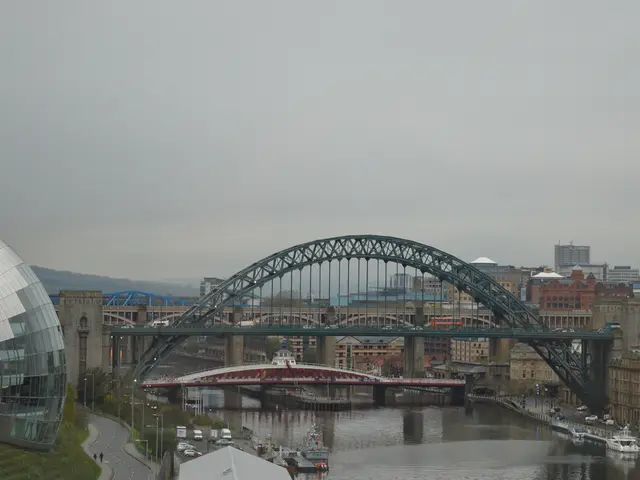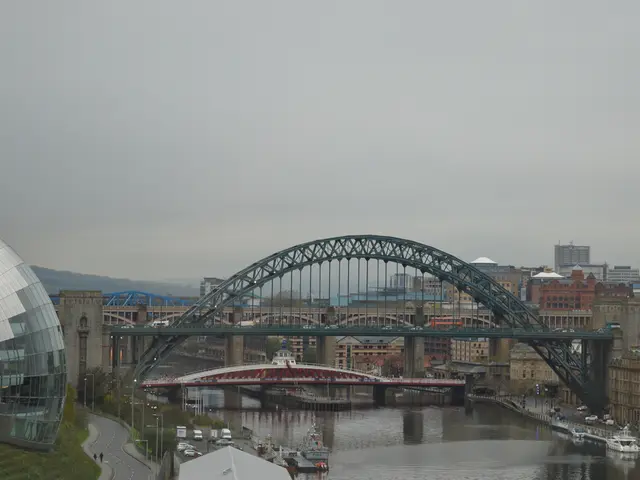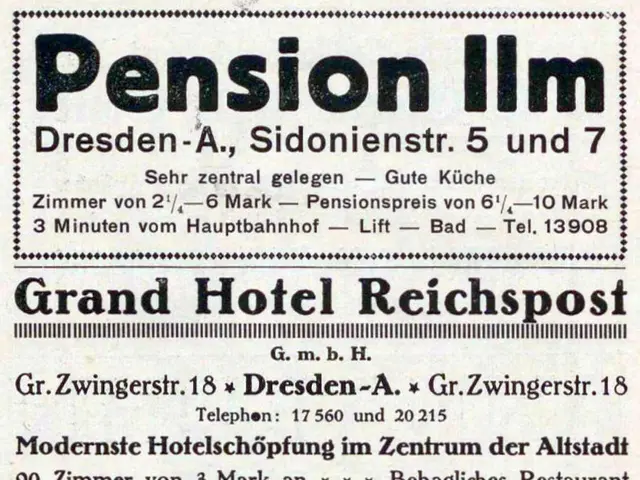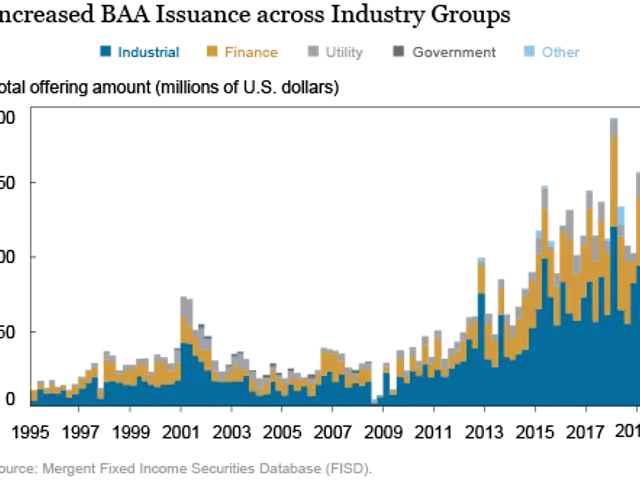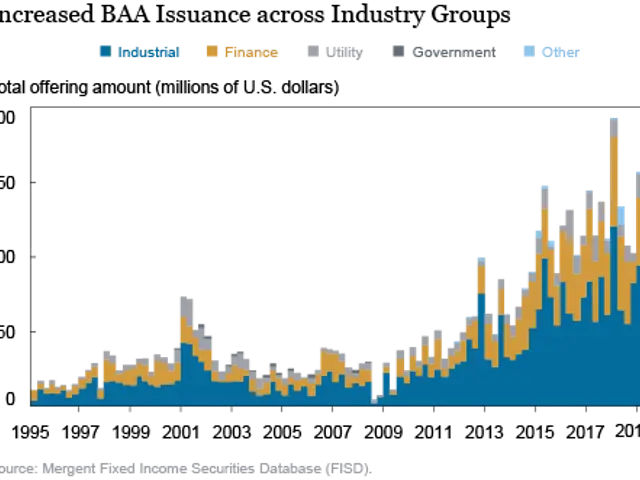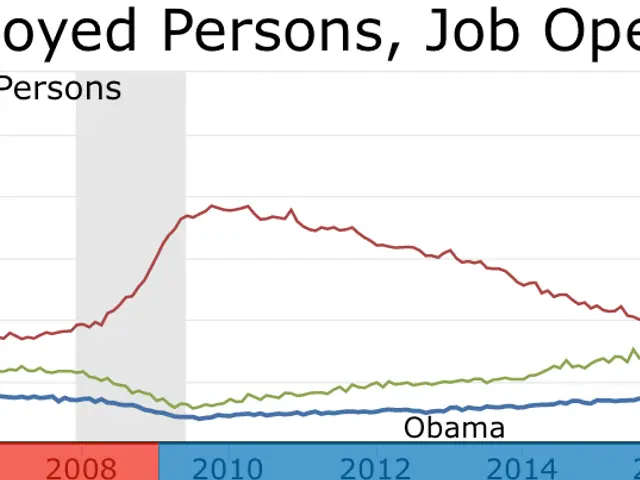13 Groups Challenge ICCT's Assessment of Truck, Bus Emissions
A coalition of 13 organizations, including our website, has responded to a briefing by the International Council on Clean Transportation (ICCT) on alternative fuel credits in Europe's CO2 standards for trucks and buses. The group, led by the Landesverband Bayerischer Omnibusunternehmen e.V. (LBO) and VDE Renewables, has signed a statement challenging ICCT's assessment methods.
The statement criticizes ICCT for not considering the full lifecycle emissions, including the carbon footprint of battery production for electric vehicles (EVs). The organizations argue that a comprehensive approach to assessing emissions in the transportation sector is necessary.
The group also disputes ICCT's assessment of Tank-to-Wheel (TtW) emission savings. They contend that ICCT's assumption of 100% renewable electricity for electric trucks is unrealistic, as the electricity mix varies across Europe. The statement calls for a more accurate representation of real-world driving conditions and energy sources.
The statement, signed by 13 organizations, highlights the need for a holistic approach to assessing emissions in the transportation sector. It challenges ICCT's assumptions and methods, aiming to promote a more accurate understanding of emissions from alternative fuel vehicles.
